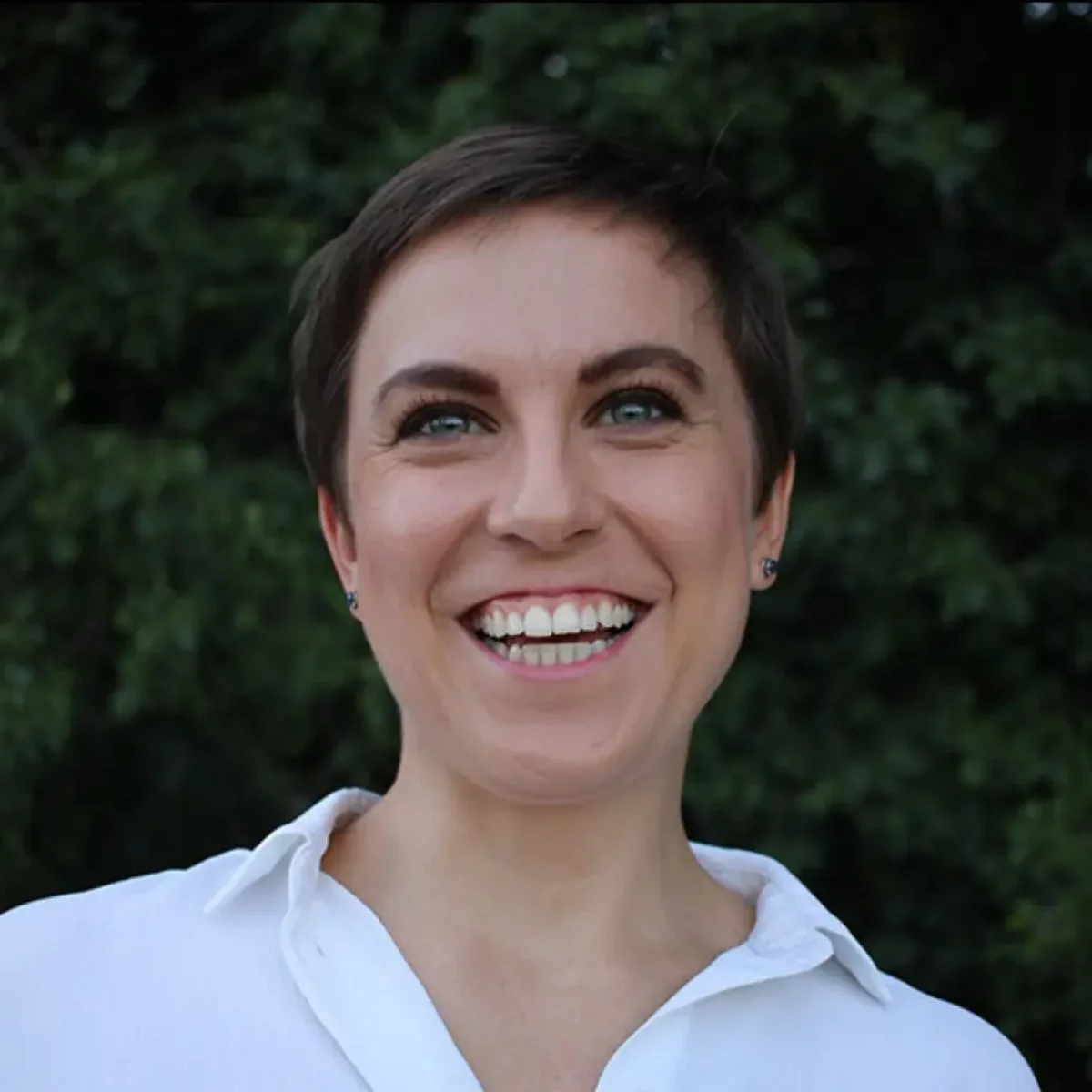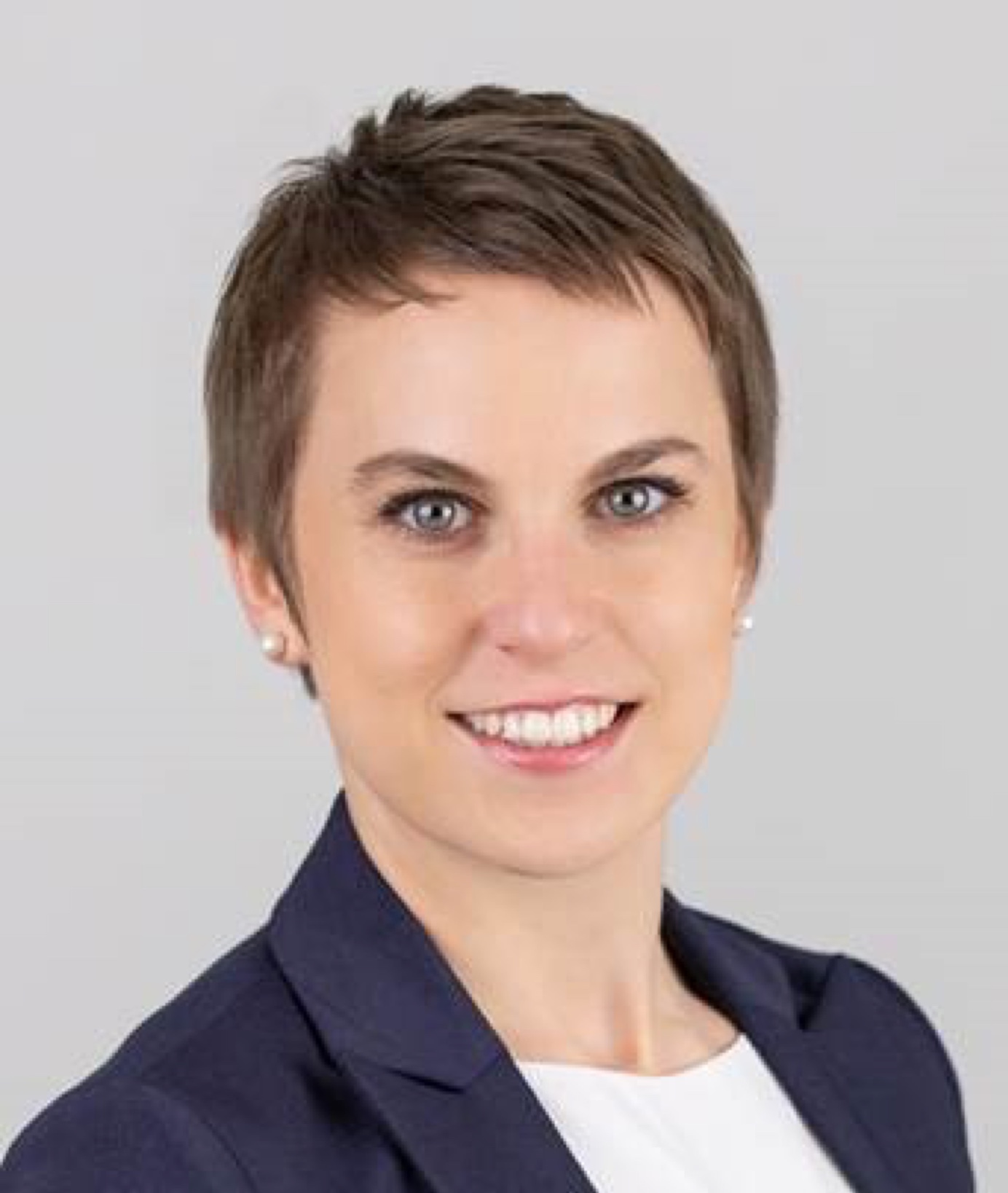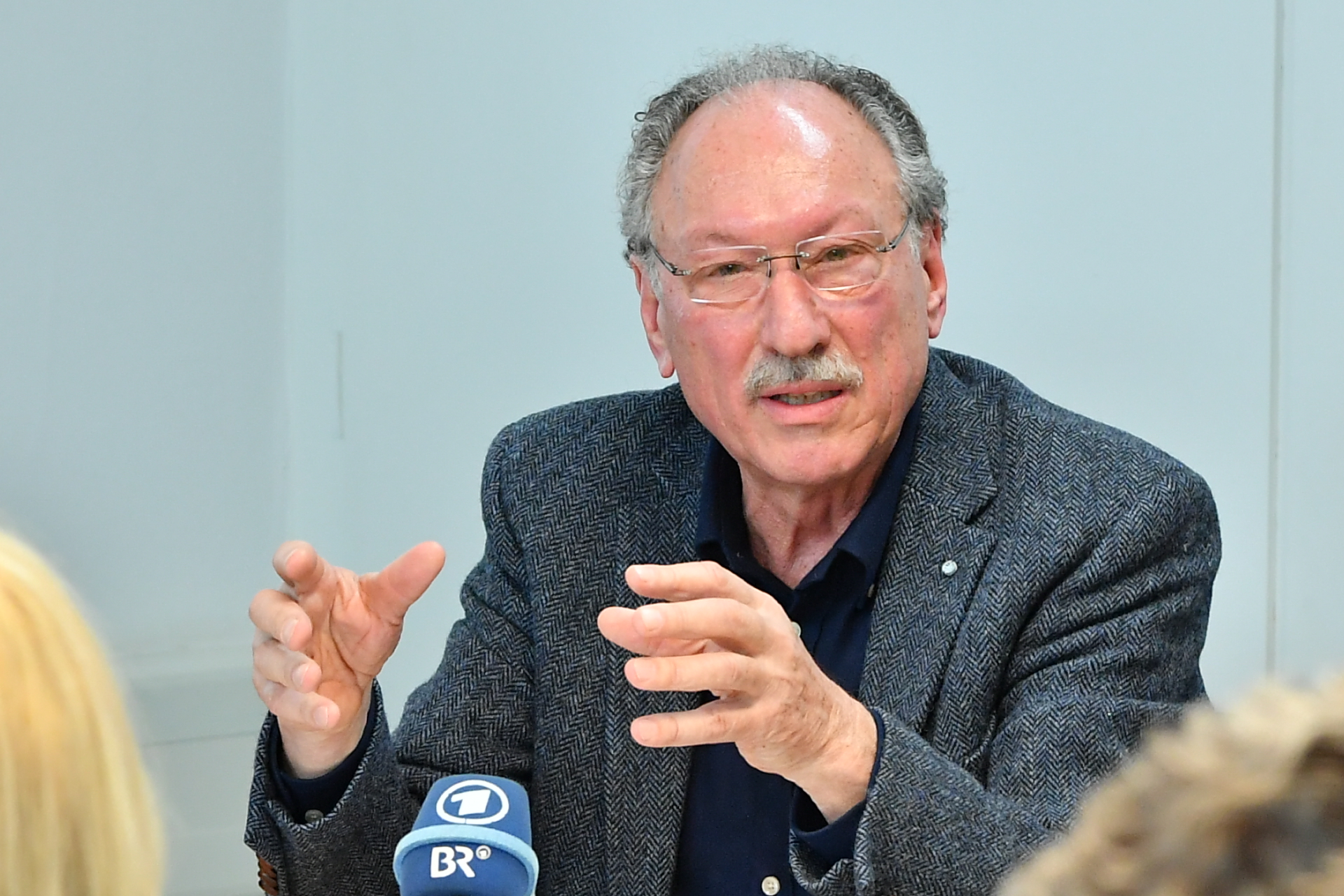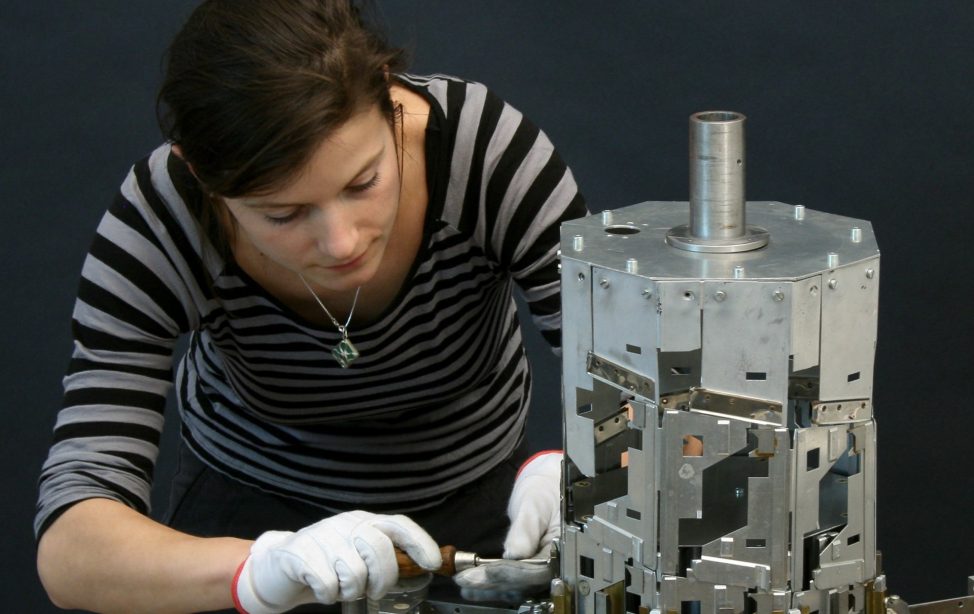
TUM Alumna Christina Strobel (right) opened the Women of TUM network evening in November with her keynote lecture “Do automation and digitalization change us?” She outlined how computers and other machines shape our everyday lives and the challenges we face in human-machine interactions (Photo: Private).
The unique TUM-WITEC model, which combines an education in management with a technical specialisation, enabled her to pursue her wide-ranging interests. “Being able to expand on my experience from working in a family business was truly enriching”, she says. “I also particularly loved the interdisciplinary nature of the studies. To this day, I continue to benefit from the different perspectives and approaches, and I often fall back on them in my research work.”
Curiosity and Endurance
As part of her lectures at TUM, Christina Strobel came across the field of experimental research in economics and was immediately impressed by the possibility of systematically studying human behaviour. She spent a lot of time reading literature on experimental economics. However, soon pure theory was no longer enough for her. The desire to carry out such research projects herself was growing in Christina Strobel.
Alongside her studies, she therefore began to work as a research assistant at exprimentTUM, the laboratory for experimental research in economics at TUM. Here she programmed and conducted economic experiments. She fondly looks back on this formative time: “I was able to acquire the tools of an experimental economist and gained first insights into the world of behavioural research in economics. I was so fascinated that I also wrote my master’s thesis in this particular field.”
At this time Christina Strobel was already toying with the idea of applying for a doctoral position. Not an easy decision for her since no one in her family had ever pursued an academic career before. A former teacher of her’s tipped the scales. “He once said that the key to successfully writing a doctoral thesis was endurance and the ability to concentrate on one thing for a while. This remark stayed with me for years and so, after my Master’s degree, I set out to become the first to hold a doctorate in my family.”
Self-confidence and Perseverance
In cooperation with the Friedrich-Schiller University of Jena, Christina Strobel began her doctorate in 2015 at the International Max Planck Research School on Adapting Behavior in a Fundamentally Uncertain World.
While research in behavioural economics had previously focused mainly on human-to-human interactions, Christina Strobel wanted to study human behaviour in interactions with automated systems and computers. Her goal was to make a first contribution to this emerging interdisciplinary field of research. “To do so, I first had to do a lot of persuasion, both within behavioural economics and in the IT and engineering sciences. In the process, I learnt that a healthy dose of self-confidence and perseverance not only helps to take the leap into the unknown and accept new challenges, but also to earn other’s recognition for one’s own achievements.”
The arguments were convincing and Christina Strobel managed to push her topic through. With the help of experiments, laboratory studies and surveys, she spent several years studying how people react to automated systems and how human behaviour is influenced by using them.
The fact that she put her money on the right horse became apparent in the last stages of her doctoral thesis when Google offered her an entry-level position. Today, Christina Strobel works for the company in Hamburg.

Christina Strobel (Image: Private).
Master Management and Technology 2015
Following her Bachelor’s degree in Economics at Johannes Gutenberg University in Mainz and in Dalian, China, Christina Strobel came to TUM for her TUM-WITEC Master’s degree. She specialised in the areas of Finance & Accounting and Mechanical Engineering.
As part of her doctorate, Christina Strobel worked on the topic of artificial intelligence. For several years she did research on this topic at the International Max Planck Research School on Adapting Behavior in a Fundamentally Uncertain World at the Friedrich-Schiller University of Jena. She also spent some time in the US as a guest researcher at Yale University.
Today Christina Strobel lives in Hamburg and is a Measurement & Attribution Specialist for Google.


